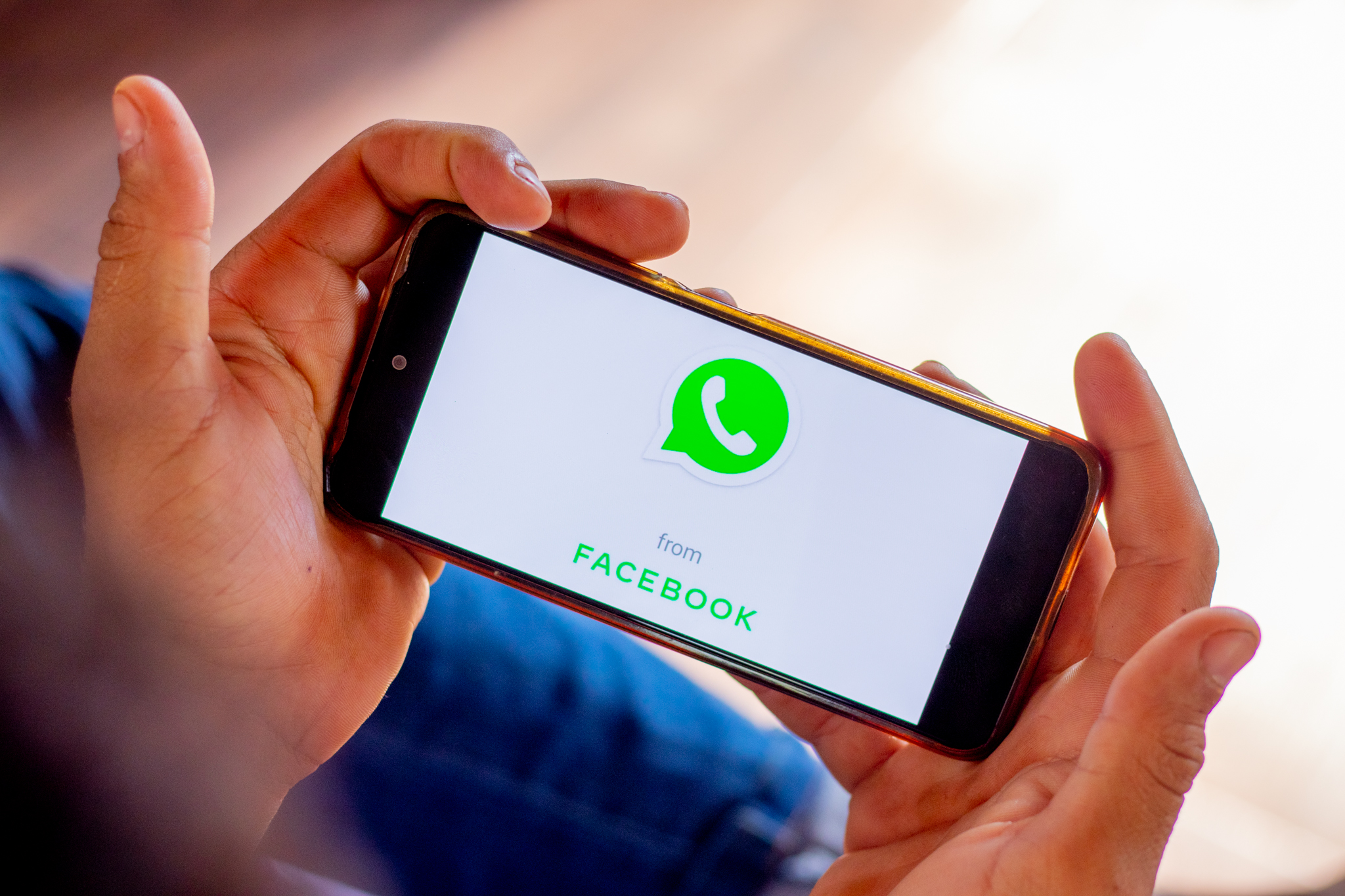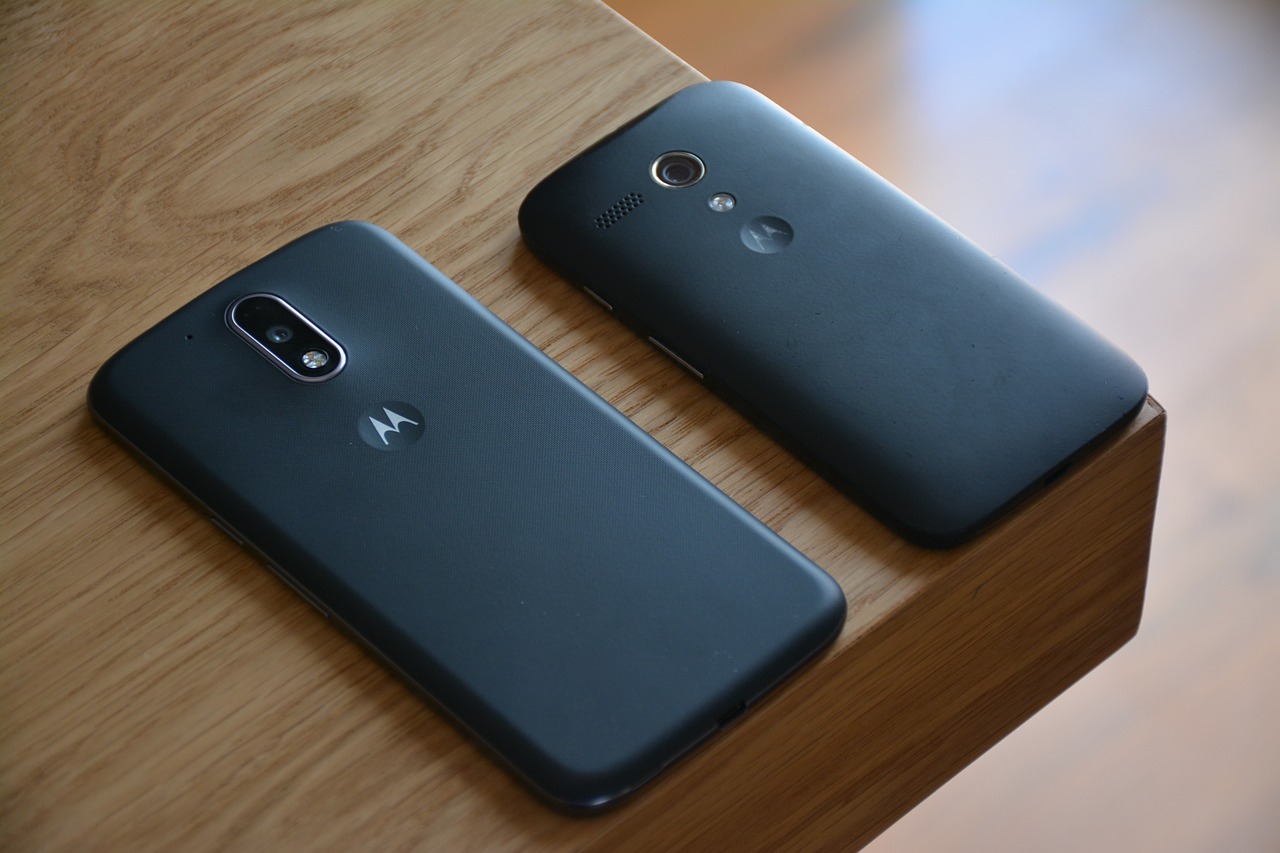Find out what the UK's latest decision was regarding devices in schools. The decision has sparked debate about the limits of mobile phone use.
The British government confirmed this past Monday (2) that it will ban the use of cell phones in schools to “improve behavior”. This measure was officially announced by the British Minister of Education, Gillian Keegan. In summary, according to the official statement, the new guidelines will ban the use of devices throughout the school day, including during breaks.
The rule will be introduced to increase attention in class, reduce distractions and combat “disruptive behaviour and online harassment”. Keegan said the ban supports the hard work of teachers and the government’s reforms. He said the move would bring the UK in line with other countries that have implemented bans.

Rule may be new law
If educational institutions are unable to make changes, the government statement said the ban could become law in the future. No deadline for the adaptation was announced. It is worth noting that this practice is growing increasingly strongly in Europe.
For example, France is following a similar path, according to Forbes, and so is Italy. This is a huge step forward in ensuring that students can work, learn and grow in a place free from telephone interference cell phones. Schools that have banned them report that students are safer, happier, and better able to concentrate than before.
Tom Bennett, a school behaviour consultant, says that although the rules will be tougher, there will be limits. One example is when children need a mobile phone “for medical reasons”. The ban is part of a multi-million pound investment programme to improve behaviour in English schools.
What motivated the decision?
According to a UK government survey, around a third (29%) of secondary school pupils said that smartphones were used without permission during most or all of their lessons. In February 2022, the Department even said that new regulations were unnecessary because schools were already taking disciplinary action against smartphone use in class. Today, the government has reversed its decision.
Is cell phone use at school allowed in Brazil?
In Brazil, the debate about banning cell phones in schools began with Bill 2.246-A in 2007. The text still refers to old terms as an argument. One of them is the constant exchange of SMS (or “text messages”) that makes it difficult for students to interact. However, there are no laws that prohibit the use of cell phones in Brazilian schools.
However, some states are applying their own rules on the matter. For example, students in municipal schools in Rio de Janeiro can no longer use the cell phone in class since last month. Rio's city government published a decree regulating the use of equipment in public schools.
Cell phones must now be stored and used for educational activities only with the permission of the teacher. According to Decree 53.019 of 2023, cell phones and other electronic devices must be kept in students' backpacks and bags, turned off or turned on in silent mode and without vibration. These devices cannot be used in the classroom or in educational activities outside the classroom, during individual or group work.
However, the devices can still be used for educational purposes. Teachers may allow students to use their cell phones to research, read, or even access RioEduca materials provided by the city or other content or services. If permitted, students must use the device silently and in accordance with the teacher's instructions. The use of cell phones is also permitted for students with disabilities or medical conditions who require these devices for monitoring or support purposes.



